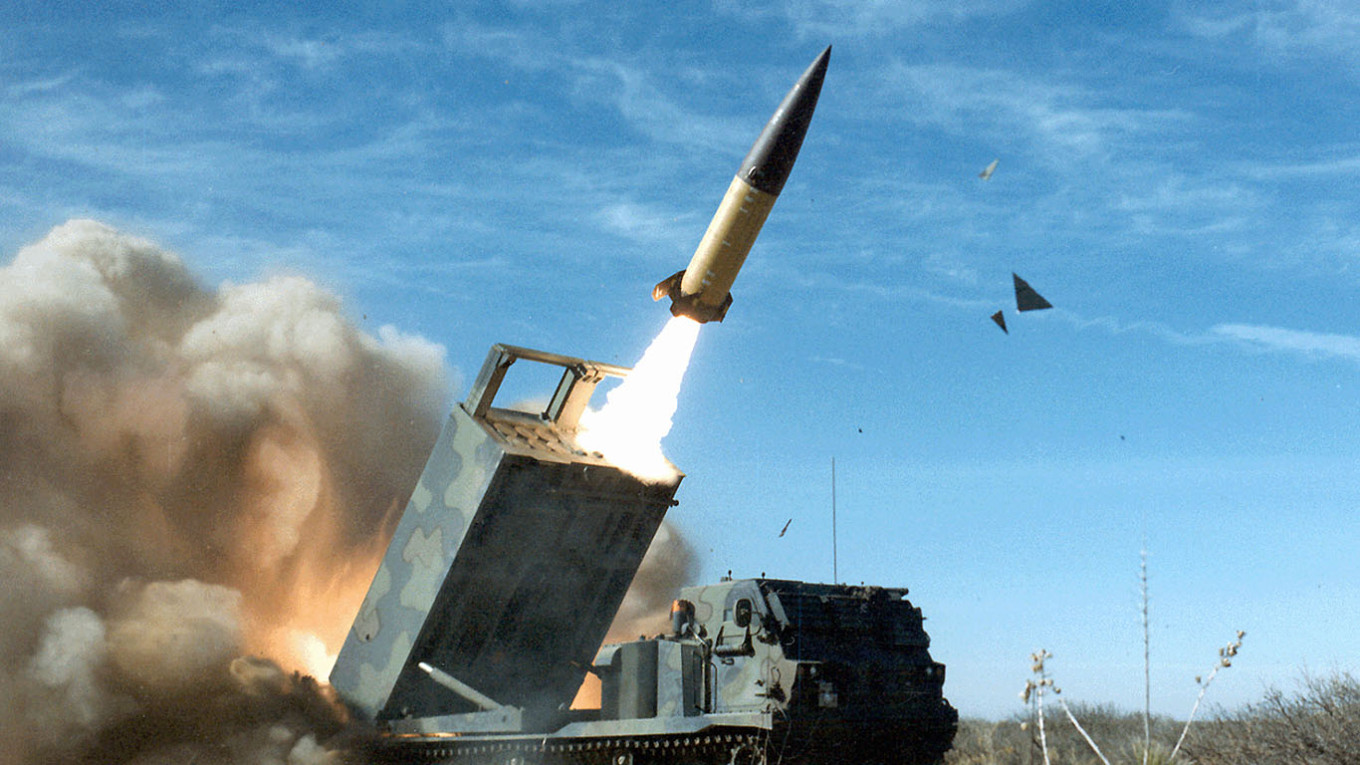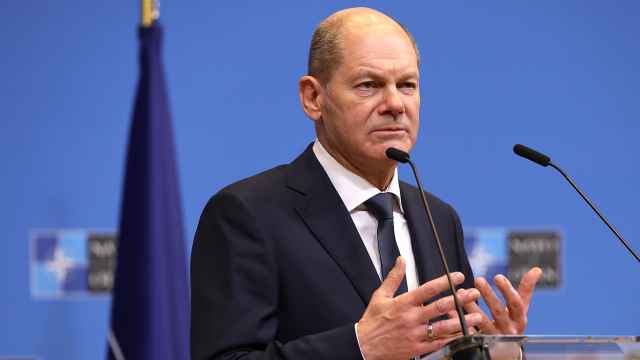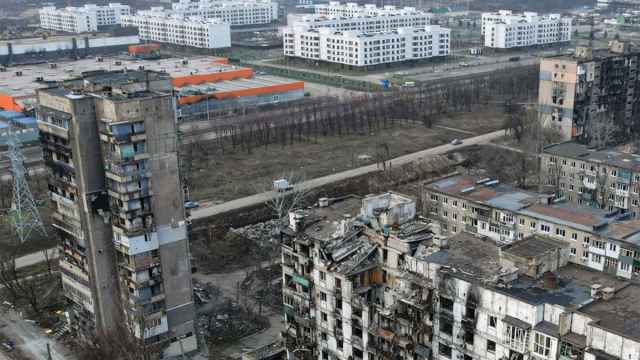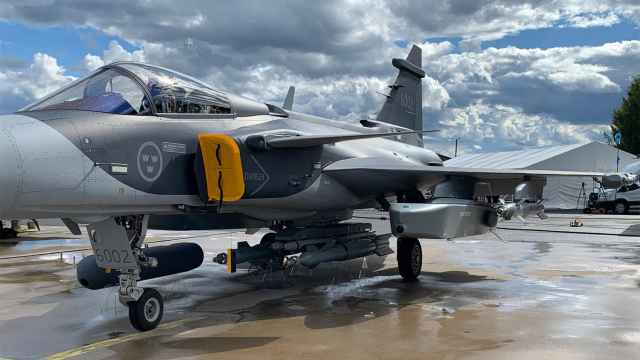Kyiv’s Western allies are no longer imposing any range restrictions on the use of weapons delivered to Ukraine against Russian military targets, German Chancellor Friedrich Merz said Monday.
“There are no longer any range restrictions for weapons supplied to Ukraine, neither from the British, the French, us or the Americans,” Merz told the broadcaster WDR.
“This means that Ukraine can now defend itself, including, for example, by attacking military positions in Russia, which it couldn’t do up to a certain point,” he added.
Ukraine’s Western allies had initially restricted the use of long-range missiles to targets within Ukrainian territory under Russian occupation. But the United States and Britain authorized strikes on Russian soil last November after North Korean troops were sent to support Russian forces in the Kursk region, which Ukrainian troops had attacked in August.
President Vladimir Putin condemned that decision at the time, warning that it would mean NATO is “at war with Russia.” He responded by broadening Russia’s nuclear doctrine, authorizing the use of nuclear weapons in response to large-scale conventional attacks or attacks by non-nuclear states backed by nuclear powers.
Besides the U.S. and the U.K., France also supplied long-range missiles to Ukraine. Merz previously signaled that he would overturn the ban of his predecessor, Olaf Scholz, on sending German-made Taurus cruise missiles to Ukraine.
France has not confirmed whether it has given Ukraine the go-ahead to use weapons it has supplied for use in strikes against targets on Russian territory.
The Kremlin said later on Monday that the decision to allow more long-range strikes with Western weapons threatened to derail direct peace negotiations that began with Ukraine earlier this month.
“If such decisions were indeed made, they potentially run counter to our efforts toward a political resolution,” Kremlin spokesman Dmitry Peskov told reporters.
Russia’s lower-house State Duma Defense Committee chairman Andrei Kartapolov described Merz’s latest comments as a reaction to Ukraine’s “howling and crying to save them.”
“This is nothing new for us, we’ve been foreseeing this possibility for a long time and are ready for it,” he told Kremlin pool reporters.
“We’re successfully carrying out the special military operation and Ukraine is currently losing,” Kartapolov said, using the Kremlin’s preferred term for Russia’s 2022 invasion of Ukraine.
A Message from The Moscow Times:
Dear readers,
We are facing unprecedented challenges. Russia's Prosecutor General's Office has designated The Moscow Times as an "undesirable" organization, criminalizing our work and putting our staff at risk of prosecution. This follows our earlier unjust labeling as a "foreign agent."
These actions are direct attempts to silence independent journalism in Russia. The authorities claim our work "discredits the decisions of the Russian leadership." We see things differently: we strive to provide accurate, unbiased reporting on Russia.
We, the journalists of The Moscow Times, refuse to be silenced. But to continue our work, we need your help.
Your support, no matter how small, makes a world of difference. If you can, please support us monthly starting from just $2. It's quick to set up, and every contribution makes a significant impact.
By supporting The Moscow Times, you're defending open, independent journalism in the face of repression. Thank you for standing with us.
Remind me later.






